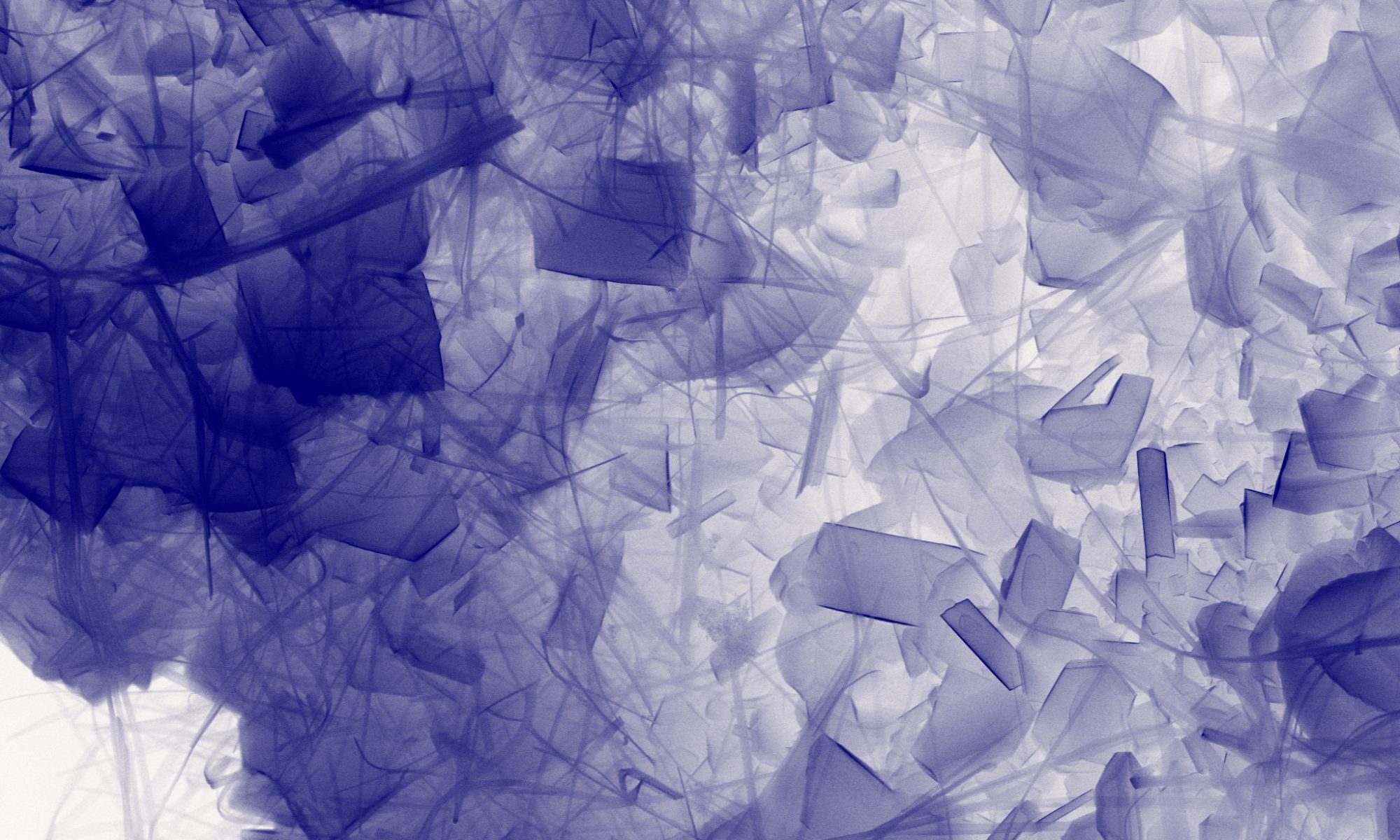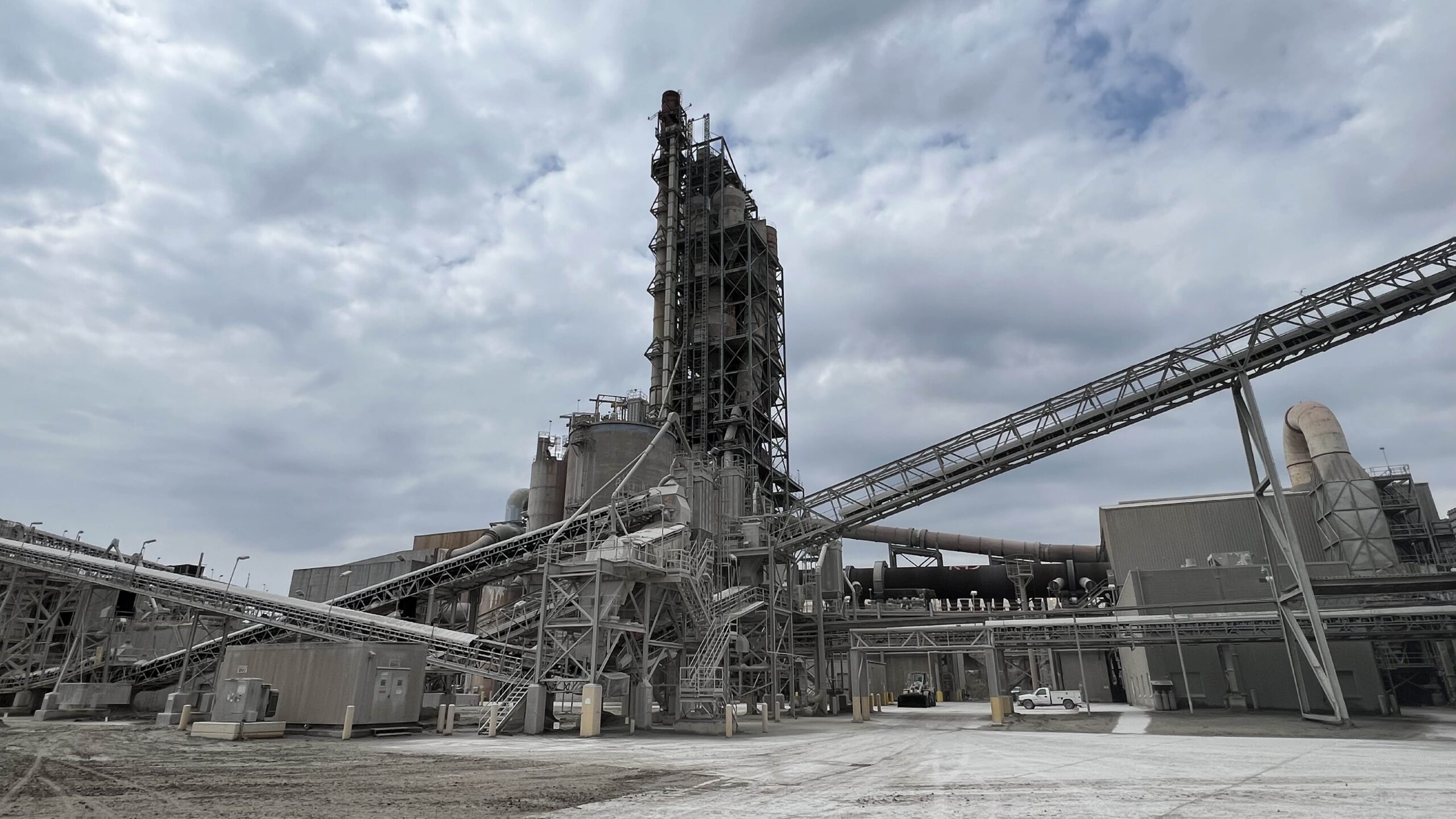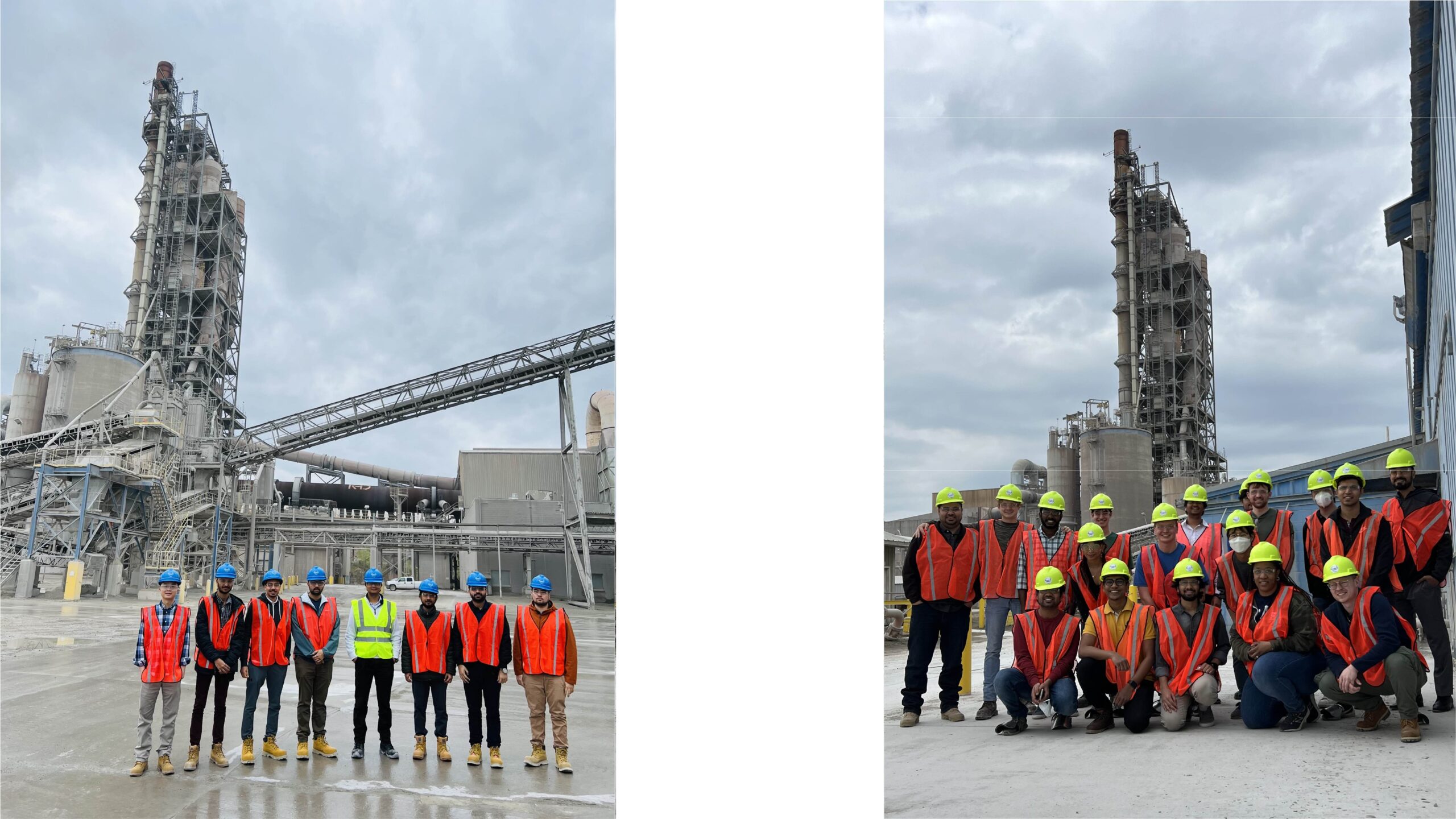Education & Teaching
CEE 300: Behavior of Materials (Undergraduate Course, 4 credits):
Students are taught macroscopic mechanical behavior in terms of phenomena at the nanometer and micrometer levels for the three types of engineering materials (metals, ceramics, and polymers) with emphasis on specific construction materials used in civil engineering such as steel, glass, clay, asphalt, aggregates, wood, and concrete. Theoretical lectures are supplemented by weekly lab sessions where students conduct performance testing on various engineering materials and document their results via lab reports. This course is offered every semester, and Prof. Garg teaches it typically in the Fall semester.CEE 502: Advanced Cement Chemistry (Graduate Course, 4 credits):
Students are taught advanced topics in the manufacture and reaction chemistry of the traditional Portland cement as well as alternative, sustainable cements. Students learn to synthesize pure clinker phases in the lab at the gram scale, followed by a field trip to a local cement plant where they learn about cement production at the ton scale. This course is offered once a year, and Prof. Garg teaches it typically in the Spring semester.
Media Coverage
- April 2024: Garg was interviewed by the Daily Herald for a news story on lowering carbon dioxide emissions of cement. The story is available here.
- November 2023: Garg participated in the podcast “Engineering Greatness” sponsored by the American Concrete Institute where he talks about his career and research. Recording is available here.
- September 2023: Garg presented a research webinar to ~60 alumni from the CEE department at the University of Illinois. Recording of the webinar, titled “Three Tiny Tales from the World of Construction Materials”, is available here.
- August 2023: Garg was interviewed by Civil Engineering Student Organization at National Institute of Technology, Trichy, India – interview available on Youtube.
July 2023: Our recent work on rapid estimation of cementitious sorptivity was covered by the Illinois News Bureau.
- December 2022: An article titled “Crystals in Trash” was published in the newsletter of the International Union of Crystallography (IUCr).
- November 2022: Garg was interviewed by the Illinois Public Media on his work on reducing embodied carbon of concrete. The story is available here (Garg’s interview appears after the 8:23 mark.)
May 2022: A story featuring our team was released in the morning edition of NPR.
April 2022: Our recent research work with Meta (formerly Facebook) where we designed low-carbon concrete recipes (low OPC and high SCM) and deployed them in a Facebook data center in DeKalb, Illinois was covered by media outlets such as ENR, Engadget, and CNET.
Public Outreach
Garg Group regularly disseminates knowledge via outreach to the local public and K-12 institutions. Every summer, the group participates in the WYSE summer camp organized at University of Illinois for high-school students.












